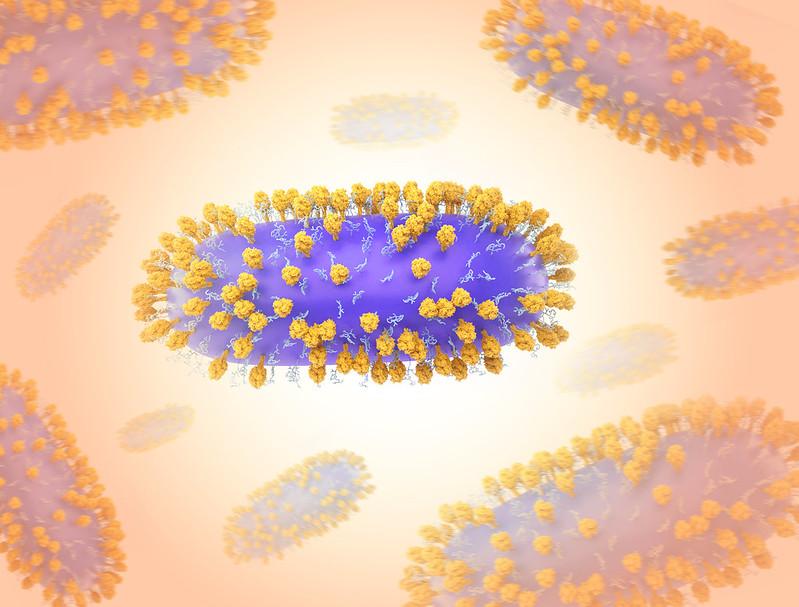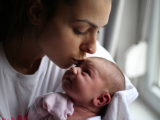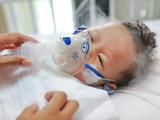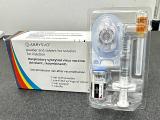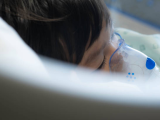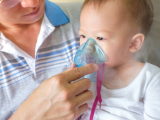A new study published today in JAMA Network Open shows 1 in 20 US adults were hospitalized within 28 days of a respiratory syncytial virus (RSV) infection during the during the 2016 to 2022 RSV seasons.
A second study, published in The Journal of Infectious Diseases estimates the cost of RSV infections and hospitalizations in US infants to be $1.6 billion annually, with infants 3 months and younger accounting for 43% of the costs.
Both studies show the significant economic burden of RSV in the most recent seasons, before the widespread availability of vaccines for both pregnant women and older adults.
In the first study, the authors said approximately 159, 000 hospitalizations among adults aged 65 years and older occur annually in the United States due to RSV, with a cost of $1.2 billion annually.
To understand how infection influences all-cause 28-day hospitalization, the authors used three electronic health databases to look at outcomes among 67,239 medically attended (outpatient) RSV infections in adults.
1 in 20 adults hospitalized
The authors also examined outcomes among a subgroup of high-risk patients (defined as age 65 years or older with asthma, chronic obstructive pulmonary disease [COPD], or congestive heart failure [CHF]). RSV outpatient encounters occurring from October 1, 2016, to September 30, 2022, were included in the study.
Overall, the proportion of patients hospitalized within 28 days of infection was 6.2%, 6.0%, and 4.5% in each of the three electronic health databases. Of these hospitalizations, a high proportion occurred following RSV infections in the high-risk subgroup of patients aged 65 years or older or with COPD, CHF, or asthma (ranging from 74.5% to 90.6% of patients across the three databases).
These results highlight the unmet medical need for outpatient interventions and preventive measures that can reduce hospitalizations.
"Approximately 5% of adults with outpatient MA-RSV infections experienced an all-cause hospitalization within 28 days," the authors concluded. "These results highlight the unmet medical need for outpatient interventions and preventive measures that can reduce hospitalizations."
Annual RSV costs for infants $1.6 billion
In the second study, authors developed a model to project the expected annual clinical and economic burden of medically attended lower respiratory tract infections (LRTI) caused by RSV in infants 12 months and under in the United States.
Using information on population size, disease rates, mortality rates, and unit costs, the authors estimated that among 3.7 million US infants, a total of 592,700 cases of RSV-LRTI would occur annually. Those cases would include 48,499 hospitalizations, 144,599 emergency department visits, and 399,602 outpatient clinic visits.
Together, the annual cost of these visits would be $1.6 billion. Children 3 months and younger and those born prematurely were disproportionately represented in hospitalizations.
"Given that most children develop RSV before the age of two years and that some of these children develop severe disease requiring hospitalization, the projected annual burden of RSV-LRTI is substantial," the authors wrote. "Newly approved and recommended interventions have the potential to yield substantive reductions in the burden of RSV-LRTI among infants, especially those most vulnerable such as the youngest of infants and those born prematurely."
